Isopropyl Myristate For Skin: All You Need To Know
There is more than one reason why this synthetic oil is used in skincare products!
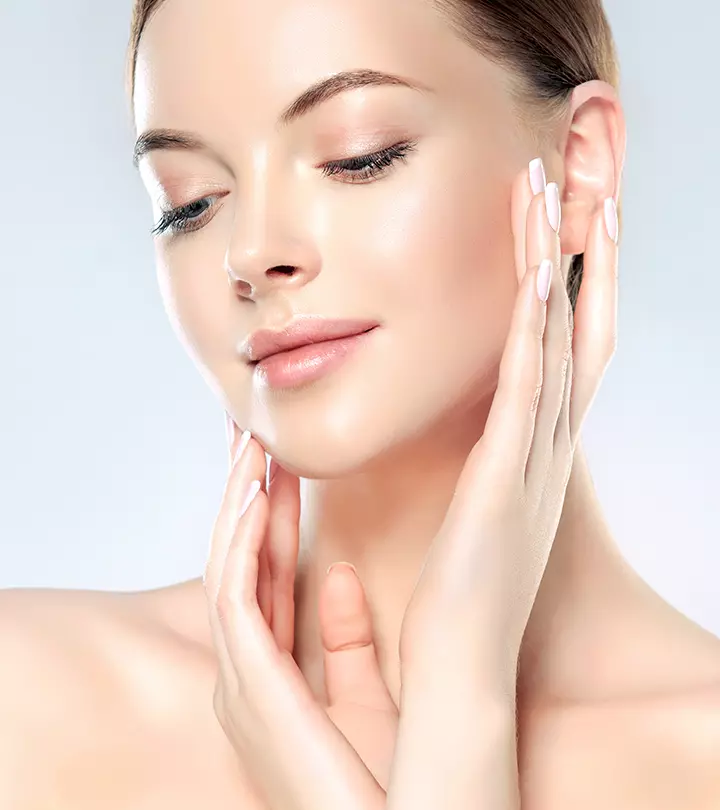
Image: shutterstock
Moisture-rich ingredients are the key to smooth, plump, and hydrated skin. While we have all heard about hyaluronic acid and glycerine, not much is talked about isopropyl myristate. You can use products with isopropyl myristate for skin moisturization and to improve its appearance. In addition, it can help restore your skin and minimize the damage caused by the sun and environmental aggressors.

As an emollient, isopropyl myristate retains moisture and strengthens the skin barrier. The deep penetrating quality of the ingredient helps with quick product absorption and gives you smooth and radiant skin. In this article, we discuss isopropyl myristate, how to use it, its benefits, and its side effects. Scroll down to read more.
In This Article
What Is Isopropyl Myristate?
Isopropyl myristate is a synthetic oil formed by isopropyl alcohol and myristic acid (a natural fatty acid).
This star ingredient is found in many skin care products ranging from anti-aging creams to aftershave lotions. Isopropyl alcohol has antimicrobial properties and is widely used in antiseptics, baby wipes, and sanitizers (1). Myristic acid is a derivative of nutmeg, animal fats, coconut oil, etc (1). Combining these two components produces a potent emollient that enhances skin texture and vitality.
This ingredient’s thick and slightly waxy texture helps keep the skin hydrated, smooth, and silky. Additionally, isopropyl myristate improves absorption of skin care products and allows them to better penetrate the skin.
Isopropyl myristate can be added to specific formulas with the concentration ranging from 1% to 20%. This non-greasy emollient gets readily absorbed into the skin and helps in removing dirt and impurities when used in high concentrations.
In the next section, we will explore the benefits of isopropyl myristate for skin.
Key Takeaways
- Isopropyl myristate is a non-greasy emollient that gets quickly absorbed into the skin.
- It is used in different products to enhance absorption and achieve desired results.
- This moisture-holding ingredient is ideal for those with dry to normal skin types.
- Do a patch test before using as it may cause skin irritation if you have sensitive skin.
Benefits Of Isopropyl Myristate For Skin
The skin benefits of isopropyl myristate are yet to be validated by concrete research. Here, we discuss its benefits as suggested by anecdotal evidence.
Retains Skin Moisture
Isopropyl myristate is an emollient that helps strengthen the natural skin barrier.
It prevents moisture loss and dehydration while keeping the skin from getting exposed to bacteria and allergens in the environment by forming a protective film on the skin.
May Enhance Product Absorption
Isopropyl myristate enhances product absorption. This ensures your skin receives the maximum benefit from a particular skin care product. However, isopropyl myristate may cause irritation when used on sensitive skin or clogged pores. Hence, a patch test is recommended before use.
May Improve Skin Texture
Isopropyl myristate improves skin texture by thickening a skin care product and amplifying its effects on the skin.
In addition, its formulation keeps oil-based additives from feeling too sticky or greasy on your skin.
May Make The Skin Softer
Isopropyl myristate, a common emollient and thickening agent in skin care products, is known for its ability to make the skin softer. It works by forming a thin, protective layer on the skin’s surface, reducing water loss, and enhancing its smoothness without leaving the surface oily (1). That is the reason why it is frequently used in cosmetic preparations like bath oils, perfumes, creams, lotions, lipsticks, and aerosol toiletries. However, it is always recommended to do a patch test first before incorporating it into your skin care routine, as anecdotal evidence suggests that people with sensitive skin may experience breakouts or skin irritation.
 Did You Know?
Did You Know?These are the few important benefits of isopropyl myristate. But how can you make use of it?
How To Use It
Isopropyl myristate is an active skin care ingredient. It is often used in the following products:
- Bath oils
- Deodorants and antiperspirants
- Aftershave
- Hair sprays, gels, and lotions
- Moisturizers
- Shampoos
- Nail polish removers
- Soaps
- Cleansers
- Sunscreens
- Scents and fragrances
- Emulsifiers
- Topical OTC lubricants
- Prescription medicines
Who Should Use It?
Isopropyl myristate is ideal for those with dry to normal skin types. It helps seal skin moisture and prevents dryness. In a study published in the Journal of the European Academy of Dermatology and Venereology involving 48,630 employed German individuals, 29.4% were identified as having dry skin. This condition showed a correlation with age but not gender, with older individuals more prone to skin dryness. Thus, hydrating the skin with products containing isopropyl myristate would be beneficial for these individuals.
While individuals with other skin types may also use it, they must be wary of any irritation or allergies. It is always safe to consult a dermatologist or perform a patch test before using.
How Often Can You Use It?
You can check the instruction labels on isopropyl myristate-based products to understand their usage. Usually, using it once or twice a day is enough to achieve the desired benefits.
 Pro Tip
Pro TipWhat Does It Work Well With?
Isopropyl myristate is used on oily and greasy skin. It is used with a heavy amount of butter, such as shea butter, for a silkier and smoother feel. It is a light emollient that can be used as an alternative or replacement for liquid carrier oils such as castor or jojoba oils for a lightweight feel and quicker absorption. It can also be used in high concentrations in products like makeup removers, aftershave, etc.
What Should You Not Use It With?
Isopropyl myristate has no known interactions with other ingredients or drugs. But if you are using any other medication or product, check with your doctor before purchasing products containing isopropyl myristate. Speak to your doctor to understand any potential interactions of isopropyl myristate with other chemical enhancers or additives.
Isopropyl myristate may cause certain adverse effects. Know about them before you start using it.
Side Effects Of Isopropyl Myristate
- It may clog pores: Individuals with acne-prone or oily skin must be careful while using isopropyl myristate. It may clog pores (comedogenic).
- It may irritate the skin: Those with sensitive skin or those dealing with skin concerns like rosacea must be cautious about using formulas with isopropyl myristate. The compound may irritate the skin. Ensure you do a proper label check before purchasing the product.
Sometimes, isopropyl myristate is listed with another name in the ingredients list. You can check for its other names below:
- IPM
- Isopropyl Ester Myristic acid
- Tetradecanoic acid 1-methylethyl ester
- 1-Methylethyl Tetradecanoate
- Myristic acid Isopropyl ester
- 1-Methylethyl Ester Tetradecanoic acid
- 1-Methylethyl Tetradecanoate
- 1-Methylethyl Ester
- Isopropyl Tetradeconoate
- Tetradecanoic acid
- Tetradecanoic acid
- 1-Tridecane Carboxylic Acid
- 1 Methylethyl Ester
- Isopropyl Ester
- Crodacol IPM
- Isopropyl Tetradecanoate
Precautions To Take
Keep the following pointers in mind before using any product with isopropyl myristate:
- Keep your eyes closed until the product is completely rinsed. This helps prevent irritation and burning.
- Immediately splash water into your eyes if any contact is made.
- Do not smoke or be close to flames while using products with isopropyl myristate.
Isopropyl myristate is all you need to improve your skin texture and smoothness. Using isopropyl myristate for skin helps lock the natural skin moisture and prevent dryness. As an emollient, it may improve product absorption and help ingredients penetrate deeply into the skin. You may find it in skin care products like soaps, moisturizers, bath oils, emulsifiers, sunscreens, etc. Though considered safe for use, you should be cautious if you have sensitive skin. If you experience any allergic reactions after using it, consult a doctor immediately.
Frequently Asked Questions
Is isopropyl myristate vegan?
Isopropyl myristate is made using myristic acid which may be derived from either plant or animal sources. Hence, it may or may not be vegan depending upon its source.
Is isopropyl myristate considered natural?
No, isopropyl myristate is a synthetic oil that is derived from isopropyl alcohol (a synthetic compound) and myristic acid (a natural fatty acid).
Is isopropyl myristate toxic?
Isopropyl myristate is generally considered safe for topical use in cosmetics and skin care products. However, in concentrated or excessive amounts, it may cause skin irritation. Inhaling or ingesting large quantities can lead to respiratory or gastrointestinal issues.
Isopropyl myristate is commonly used in skin care due to its amazing skin benefits. It deeply penetrates the skin and rejuvenates it. Watch the following video to learn more about it!
References
Articles on StyleCraze are backed by verified information from peer-reviewed and academic research papers, reputed organizations, research institutions, and medical associations to ensure accuracy and relevance. Read our editorial policy to learn more.
- Isopropyl Myristate
https://pubchem.ncbi.nlm.nih.gov/compound/Isopropyl-myristate - Isopropyl Alcohol
https://pubchem.ncbi.nlm.nih.gov/compound/Isopropyl-myristate - Isopropyl Myristate
https://pubchem.ncbi.nlm.nih.gov/compound/Isopropyl-Myristate#section=Uses
Read full bio of Dr. Priya Gill
Read full bio of Arshiya Syeda
Read full bio of Ramona Sinha
Read full bio of Monomita Chakraborty





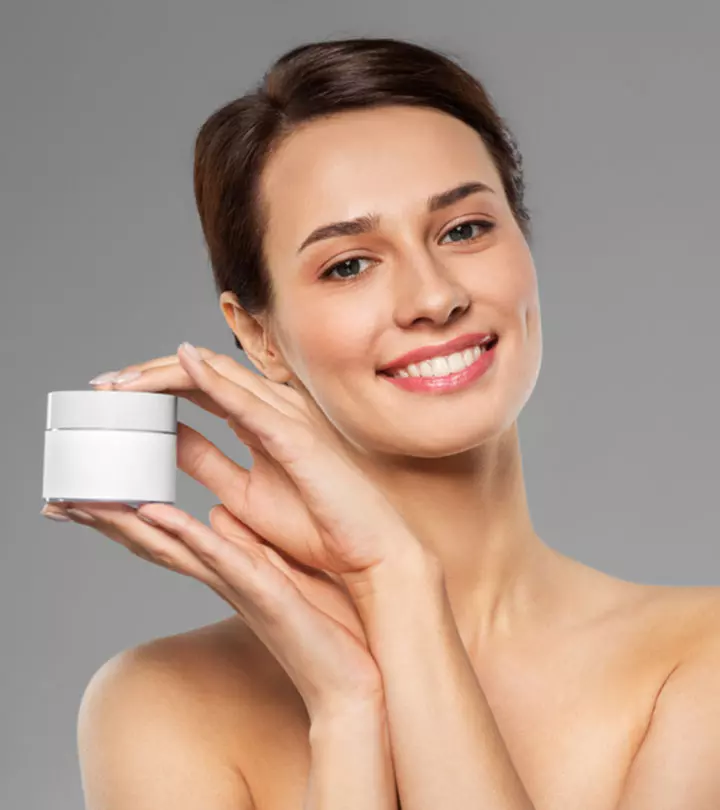
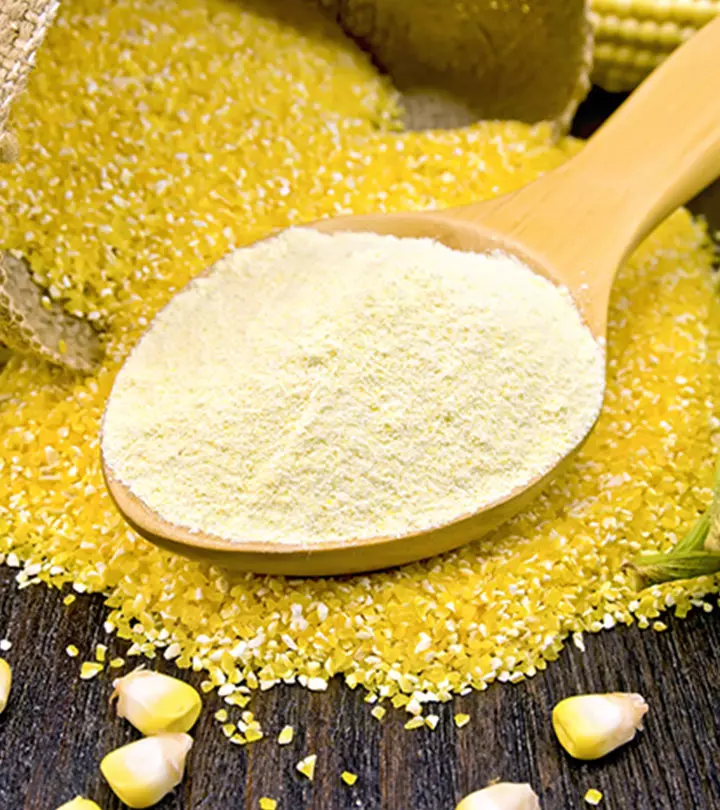
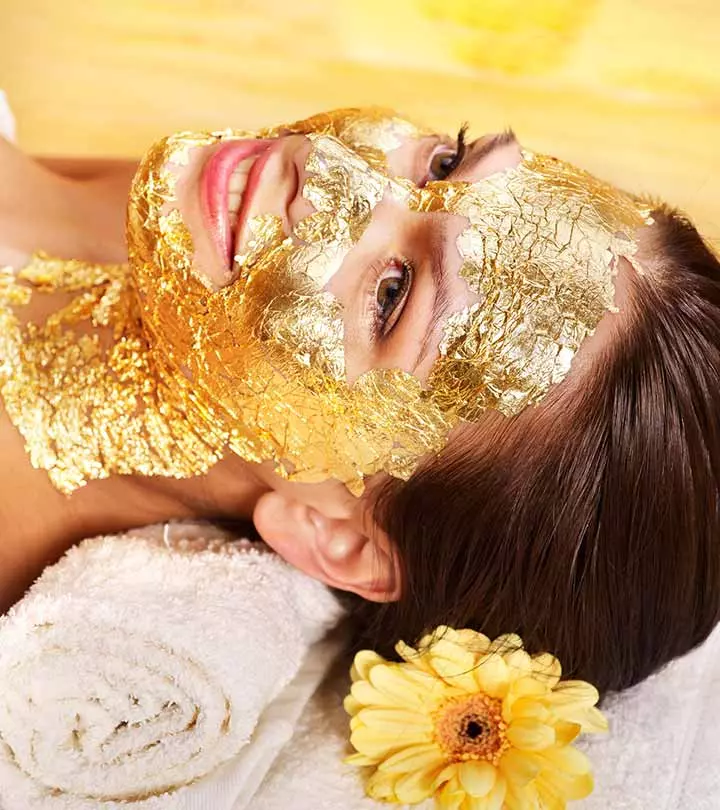
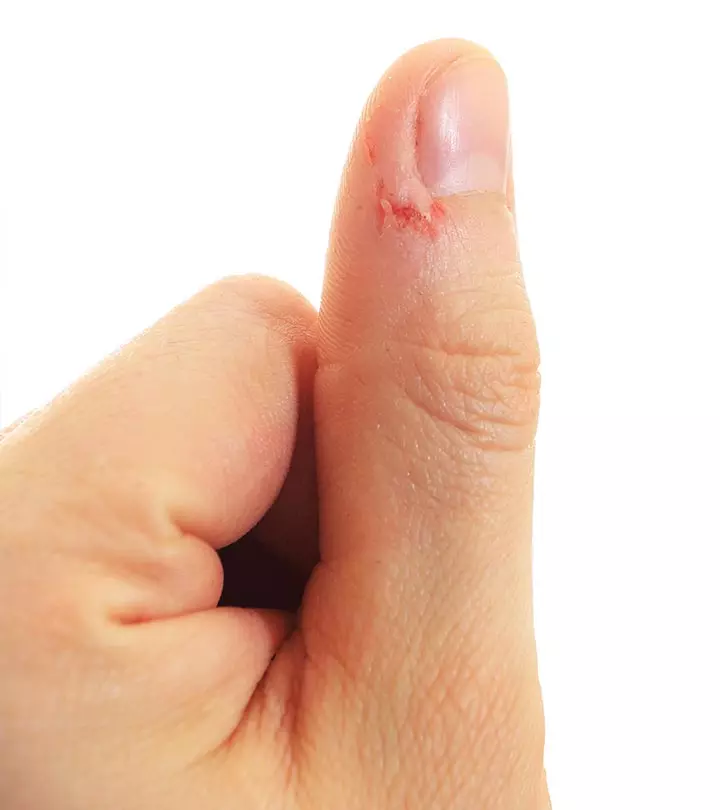
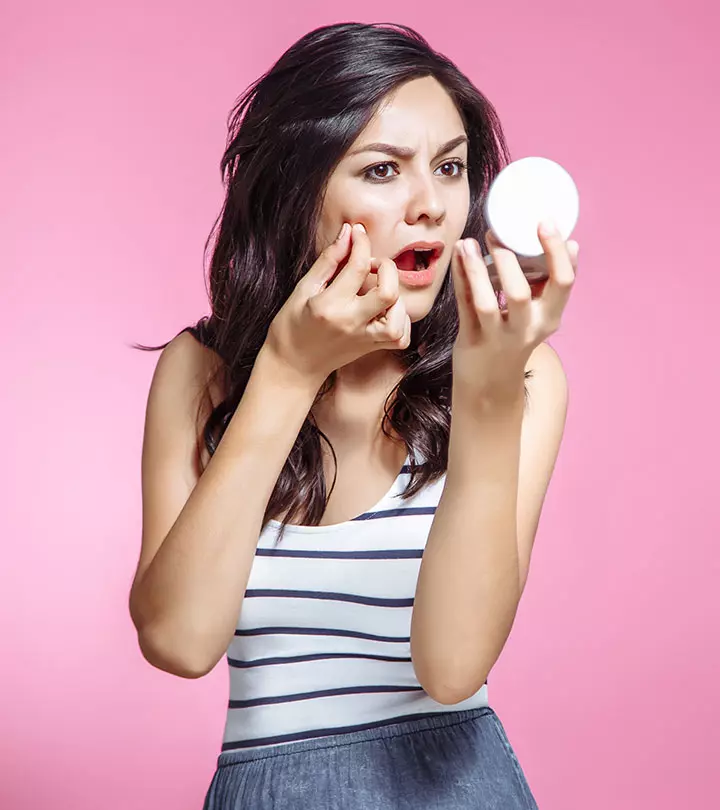
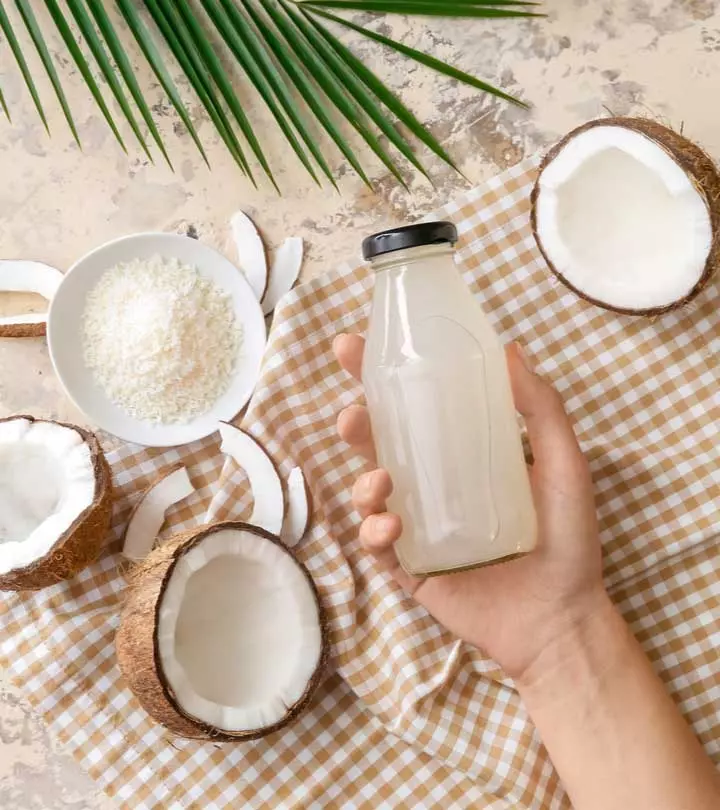
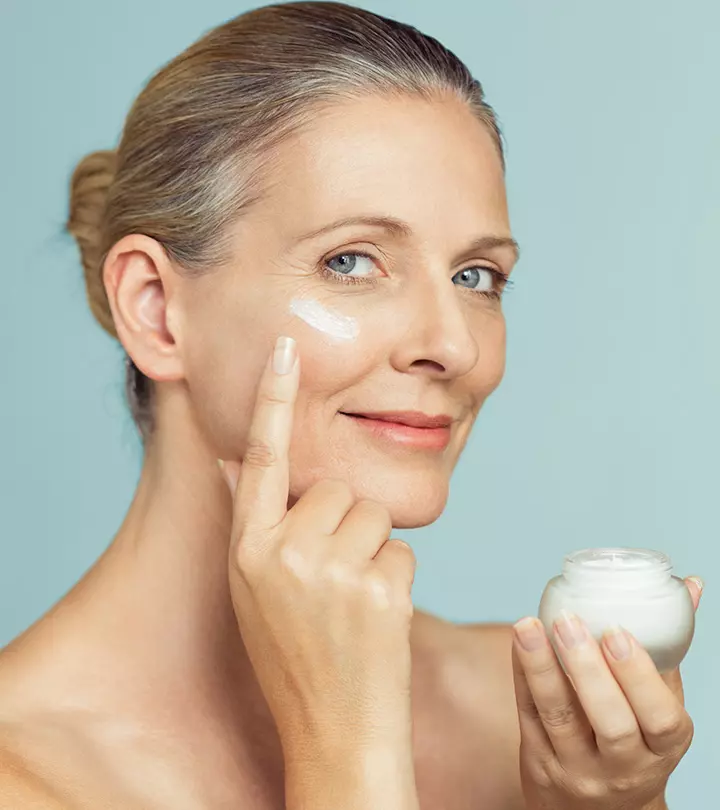
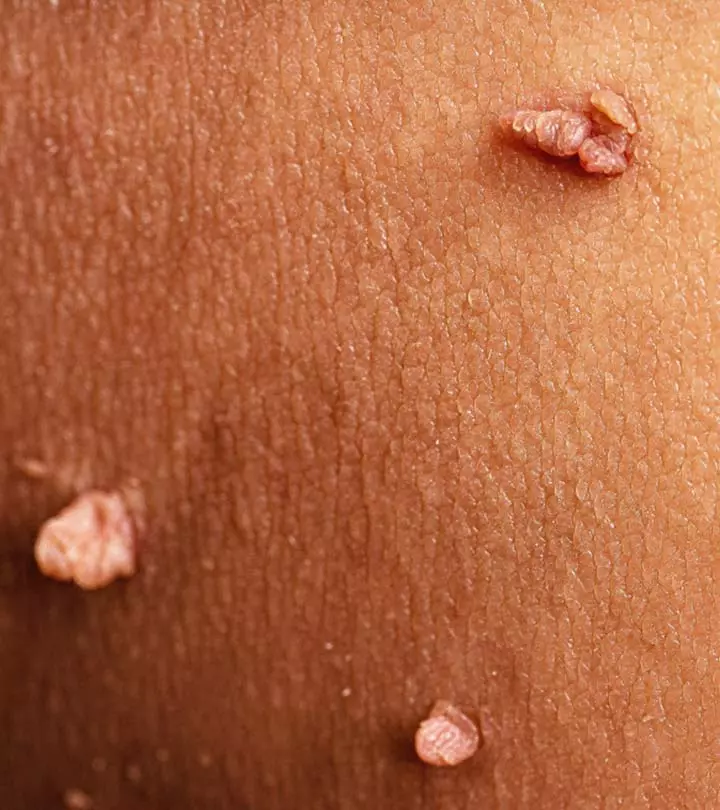
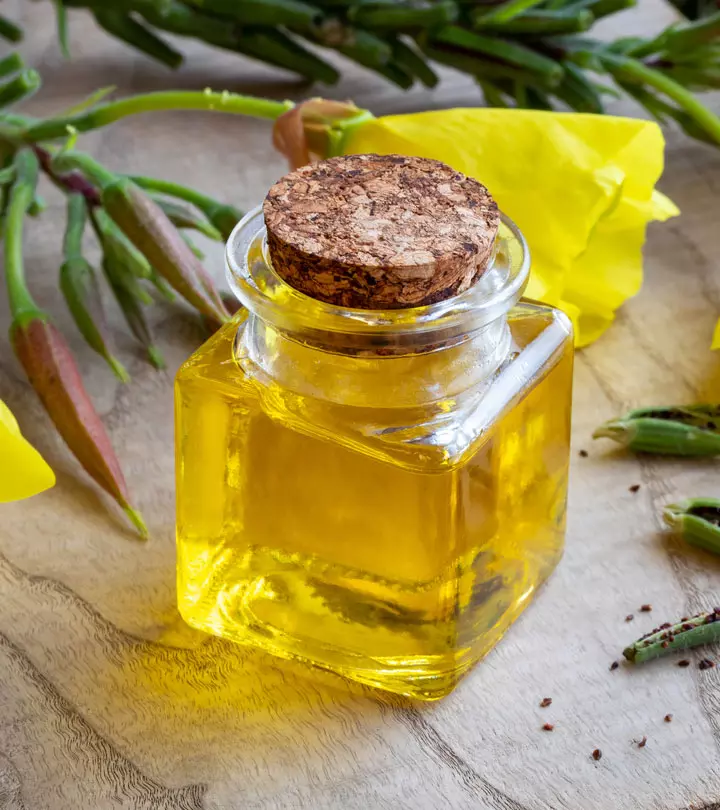
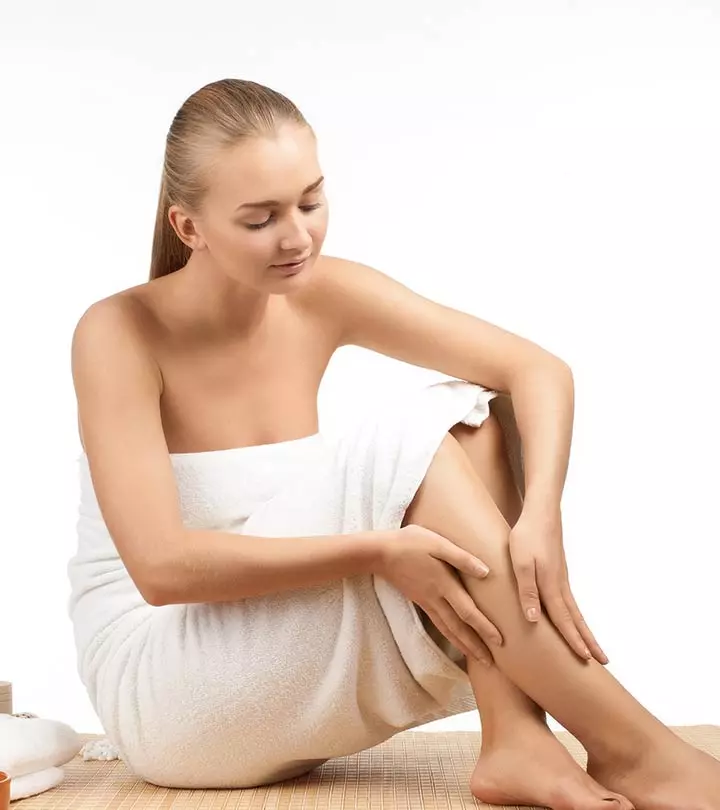

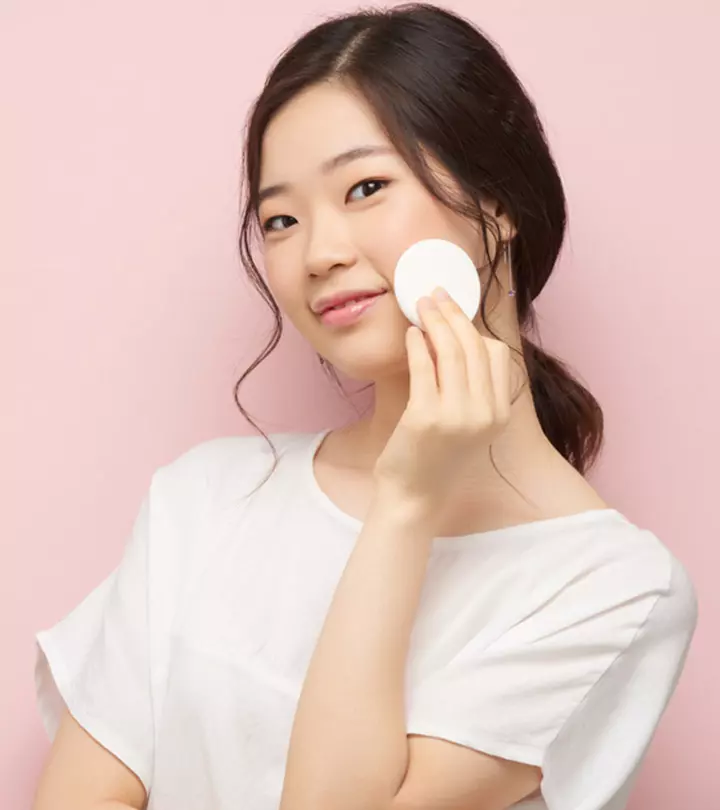


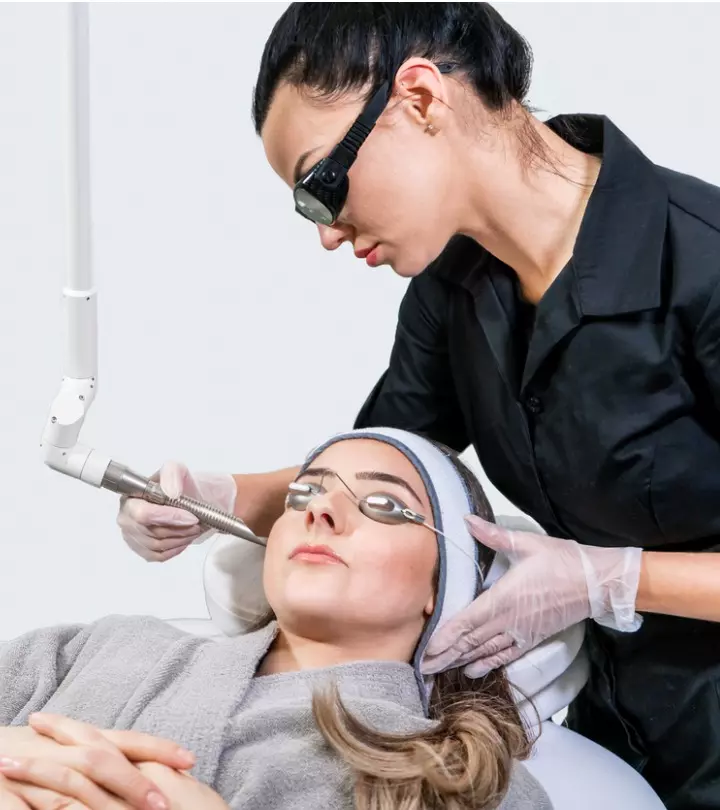
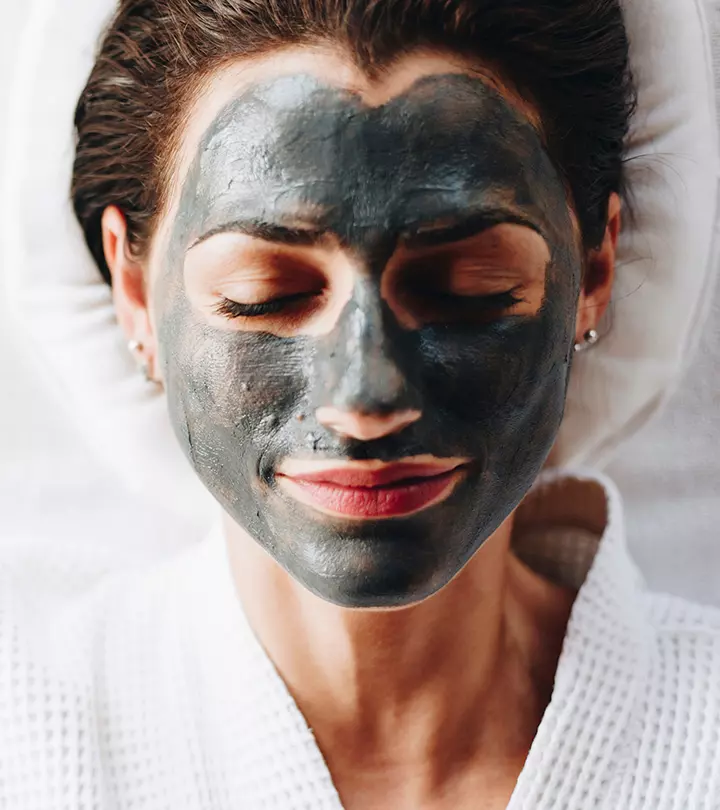
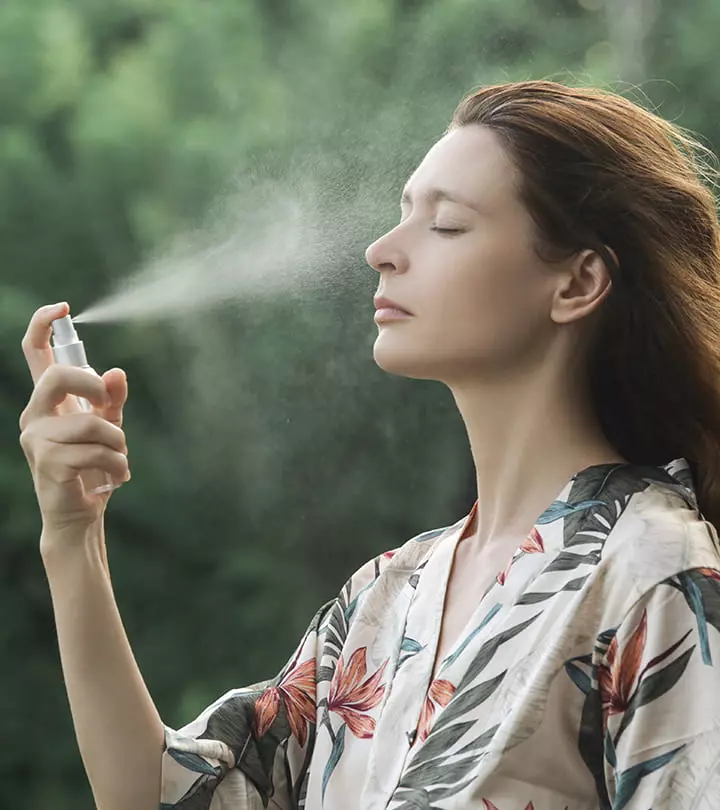
Community Experiences
Join the conversation and become a part of our empowering community! Share your stories, experiences, and insights to connect with other beauty, lifestyle, and health enthusiasts.